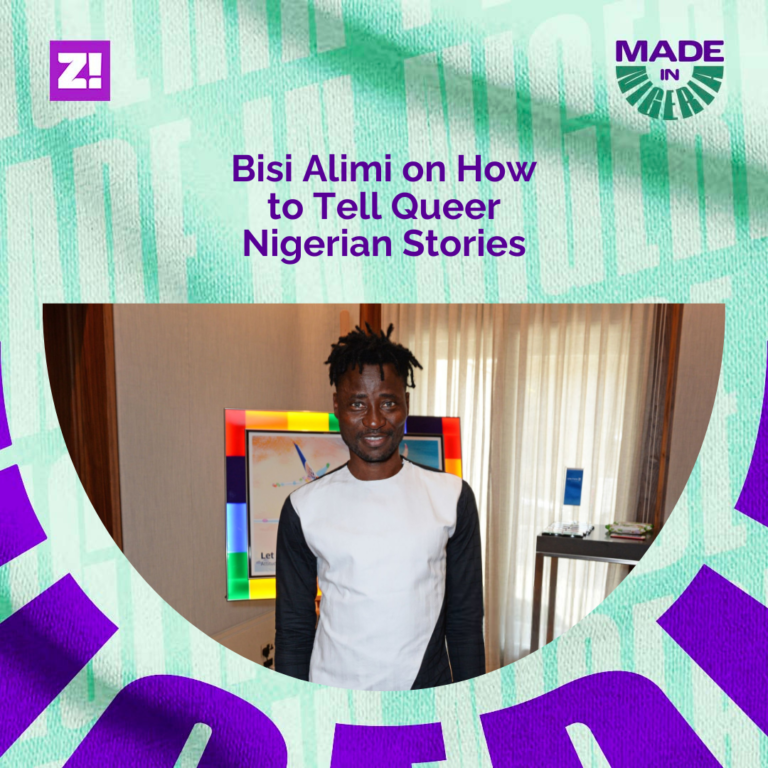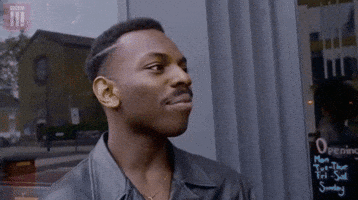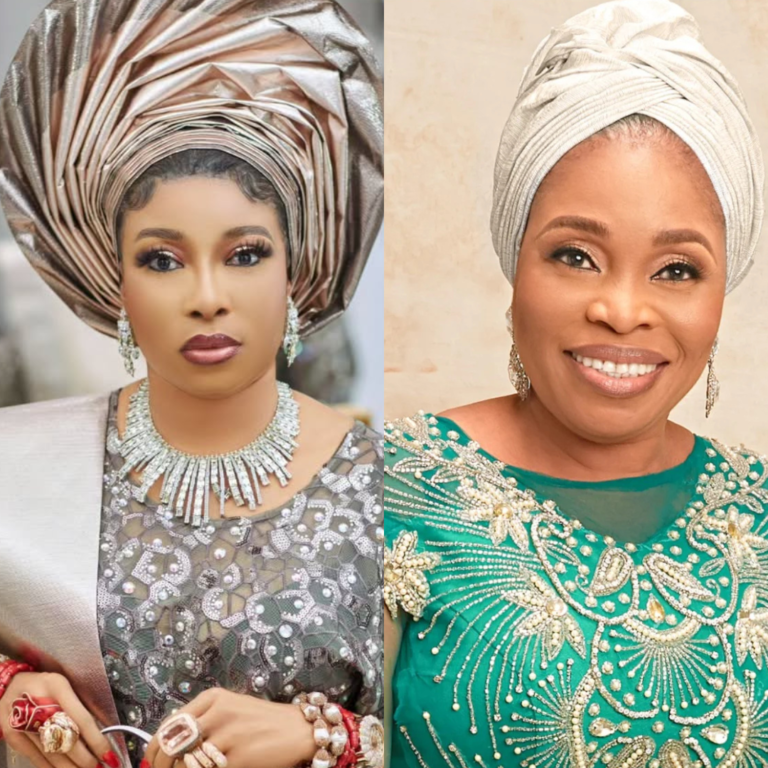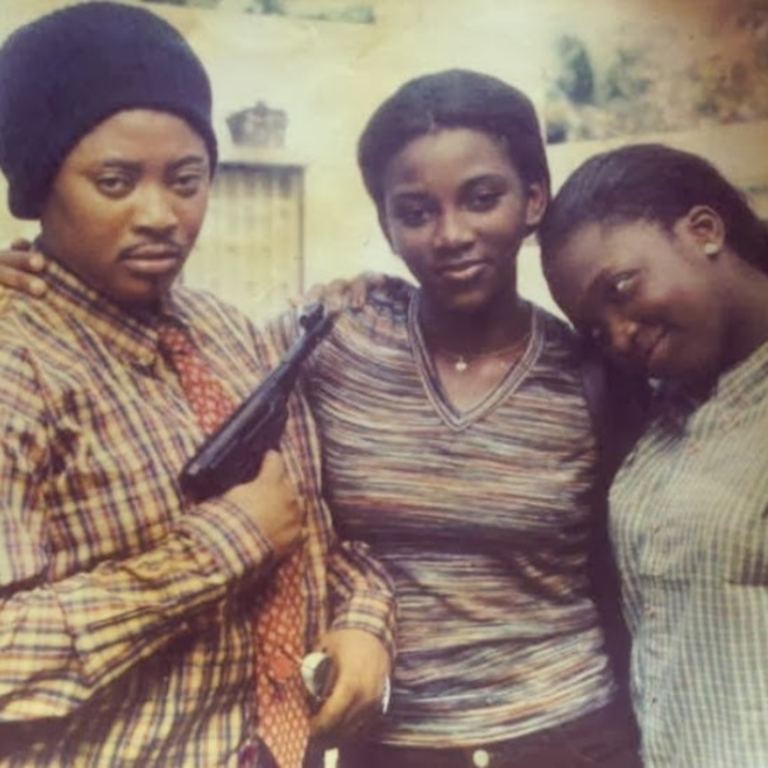YouTuber Fisayo Fosudo had to frantically retrieve his SIM card after using a phone he was reviewing for his YouTube channel, where he has over 746k subscribers. He had formatted the phone and shipped it back to the owners, leaving his SIM card inside. “The work is a lot,” he said. “We have eight projects we’re currently working on.”
Over the past eight years, Fosudo has been making videos on YouTube, ranging from gadget reviews and deep dives into the economy to interviews with U.S. Secretary of State Antony Blinken and Don Jazzy. Although he studied economics, he started designing at an early age, which led him to edit videos at church and later, at the University of Lagos, where he studied Economics. Eventually, he bought some gear and began creating tech review videos.
In this week’s #MadeinNigeria, he opens up on how he makes his videos, his experience as a housemate with travel YouTuber Tayo Aina, and why he has the most subscribed tech channel in the country.
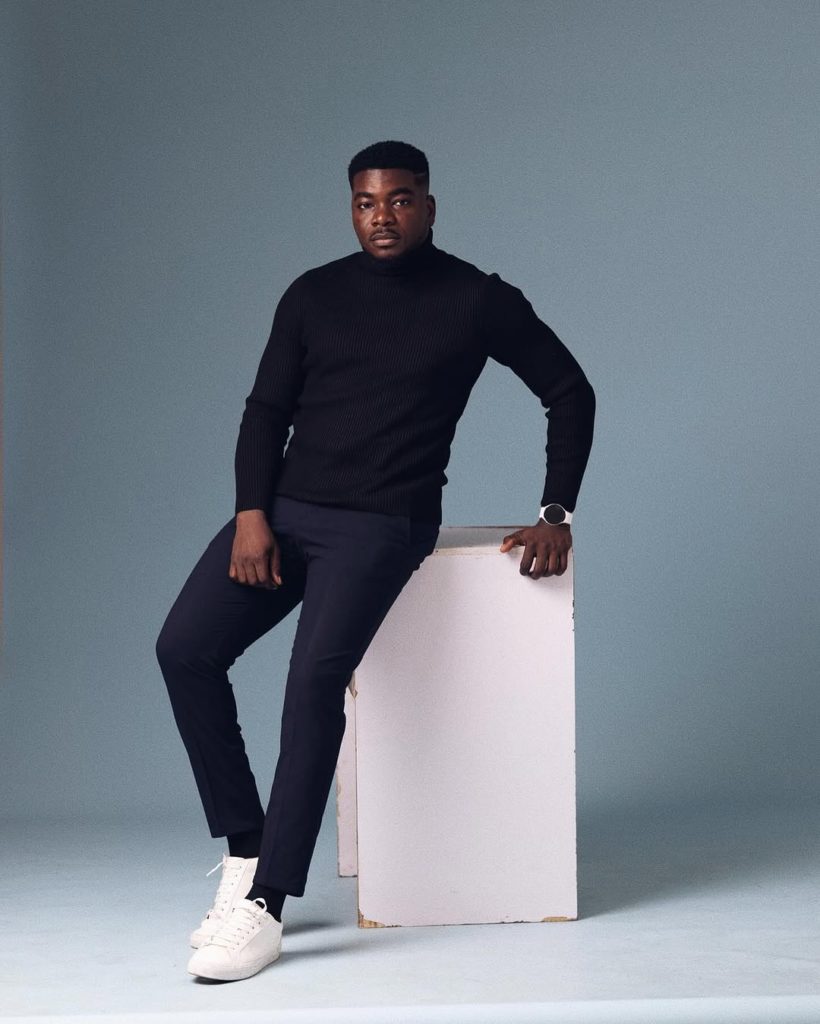
This interview has been edited for clarity and length.
When did you start making content?
I’d say since I was about 17, I really wanted to make content. But if you’re a 17-year-old Nigerian who doesn’t have a lot of money, it can be really difficult to achieve your dreams in that sense. I had this dream of making super high-quality videos—cinematic and all of that. But I didn’t have the means.
My mum had an iPad, so it was just easier to use that. I used it to record a video at church and edit it. It was horrible—like, really bad. But people loved it. They were like, “Oh my God, this is amazing.” And I was like, “It’s not!” But that’s where the love started.
At the time, I was a user interface designer. I took courses on typography and design, and I was really good. I think I was in my second year at university when I started designing properly. In school, I got into graphic design and went all in. I did a lot of work for my department. I even became the social director—though I’m not really a social person. But they saw the value I brought.
Eventually, I got to work with this amazing startup called MAX. I did social media and design there, and all of those skills kind of came together and led me to start making videos. I began making content consistently after my NYSC. I was able to acquire some gear.
In my head, I kept thinking, “I want to bring quality. I want to make the kind of videos I would want to watch.” That thought was always there, even if the quality at the time wasn’t the best of the best. But it was something.
I reached out to TECNO, and they really liked what I did. They invited me to their office and actually gave me a phone. I left there with a phone I didn’t pay for. I made a video with it, and I think it got over 20,000 views. That was a big deal for me. I was like, “Wow, people actually find value in this.” And I just kept going.
I’m really grateful to Chef Fregz, too—I got to work with Samsung Nigeria through him. Then, more brands started coming. We’ve worked with over 100 brands now. I’ve used over 150 smartphones. But that’s where it really started. I knew that if I wanted to get the kind of partnerships I was dreaming of, I had to start making the kind of videos those brands would actually want to work with me on.
Being a YouTuber was not very lucrative in Nigeria in 2017. How did you power through those years?
I always say that I was going to quit making content after four years and 100,000 subscribers. It wasn’t making any sense anymore. It was just not making money.
The funny thing is that YouTube is the only platform that pays Nigerians, at least from direct ads. On platforms like Instagram, you don’t get paid. Unless you work with a brand or are just putting stuff out there because you love it, that was it for me. I just really enjoyed it and liked tech. So I was like, you know what, I will stick this out.
That was when I started making videos about finance. I have an economics degree, and I really make visually engaging and appealing content. I just mixed that knowledge with research and give people amazing content about the Nigerian economy.
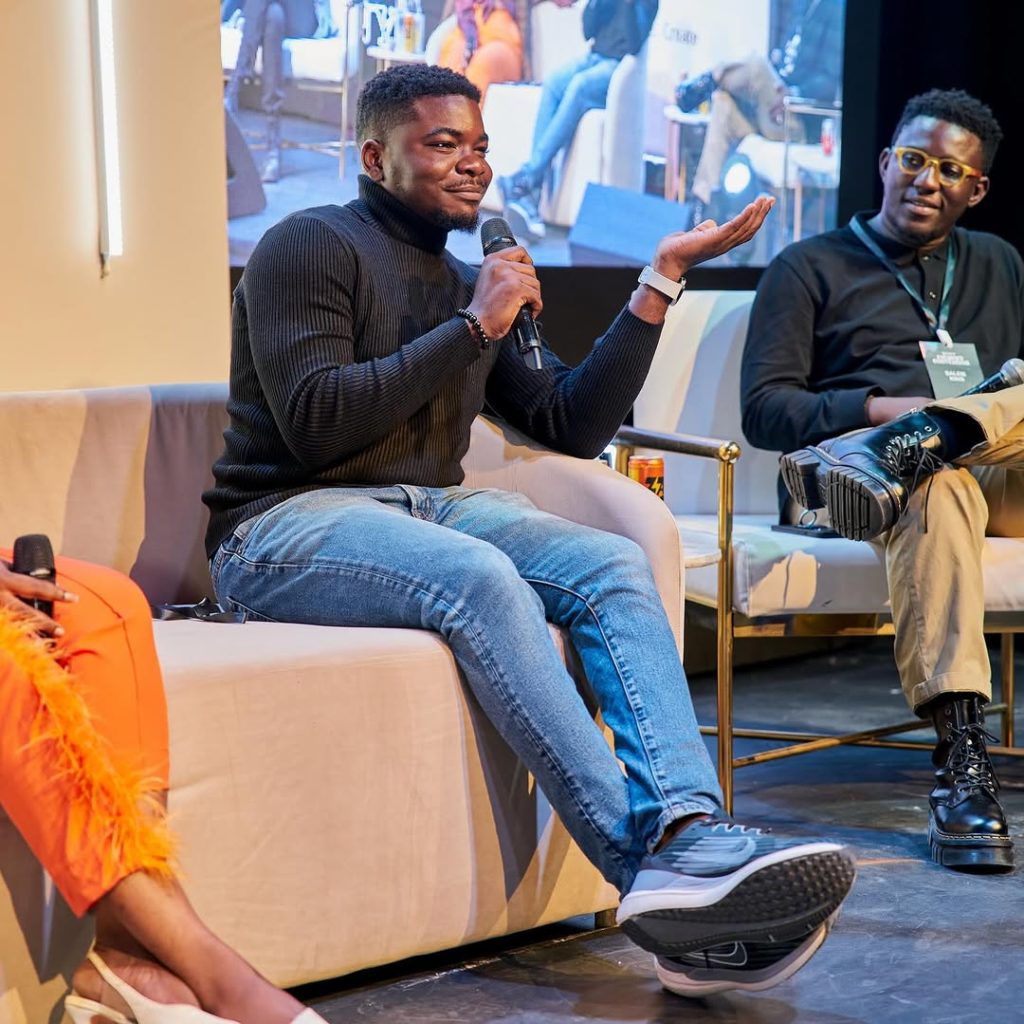
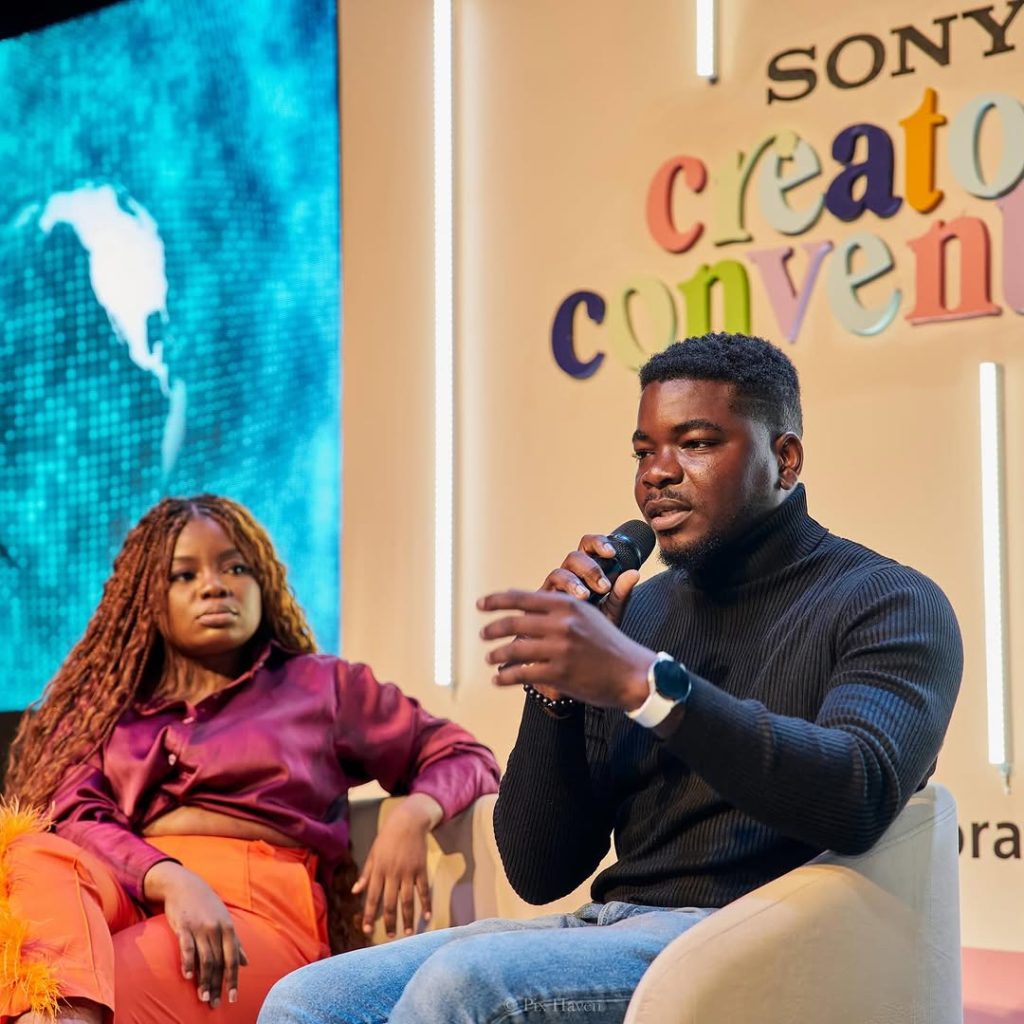
And all of a sudden, people were paying way more attention. It took us four years to get to 100,000 subscribers. We got 100,000 more subscribers in a single year.
That was because we added a new category. We interviewed the Deputy Governor of the CBN, Kingsley Obiora. Making content about finance was something that I had always wanted to do because I really like economics. If you check the comment section, you’ll see people saying things like, “Ooh, I wish my lecturer taught me like this.” That was my goal—to make something of a very high quality that people can understand.
With everything we do, we want people to understand it. Break it down to the simplest form and make it visually appealing and very engaging so that people will watch it and benefit from it.
We recently made a video about the data tariff. It is one of the best videos you can watch to explain the tariff situation because the animation is on point. My animator, Timi cooked in that video. My economics researcher on the team, Kabiru Sodiq went to UNILAG, and I also did my research.
When did you build a team?
When I started, it was just me. Then, we had Agbaje-Daniels O join the team. He is so good. Right now, he is so blown. He has hundreds of thousands of views. He was with me for a while. He developed the set of presets that we still use today. That is what we use to edit our videos.
Then there is Tony Bankole Akinbile—he is our Head of Short-Form Content. We have a senior editor. She does our unboxing videos and helps to write stuff as well. We have a researcher and our animator, Timi. Then, there are the people who help with communications.
It’s not a large team, but everyone is so good now. Better at things than me.
When we first started, in my head I knew that we were not there yet. But we were going to invest in training. We were going to take courses and get better. The team takes a lot of courses. When we are not working in the studio, they are learning — watching videos or taking a tutorial, learning colour grading.
And everybody is better than me in colour grading now. Kayinsola Salami is the head of unboxing. She does all our unboxing videos.
Where did the idea of building the team come from?
The work is a lot. We have eight projects we are working on currently. I don’t have time. Unfortunately, I put my phone on DND throughout the day, and I just see missed calls.
We had no choice but to bring more people. Kelechi Nlemibe is our senior editor, and he creates all the long-form videos. Then we have research. We have a dedicated person for economics research. He gets quality data and information. Then, we refine and debate what makes sense, distilling it into value for people. That is how a video is created.
How much does it cost to make a Fisayo Fosudo video?
That depends. We’ve done five renovation videos. One was a school renovation, and in the last one, we built the house for the person. Those videos cost ₦4 million to make, just for production. We did it in partnership with Fouani Nigeria and LG. The building project is way more than that. We don’t make any money from those videos. But our regular long-form videos typically cost ₦2 million on average.
When did the focus on excellence start?
From the beginning, I could not afford to buy a high-end camera, so I got the next best thing, and I learnt how to light and do all of those things. I’ve always wanted to create cinematic content that people will like. Very early on, I invested in motion control equipment. So, I use an app to control the slider and the head module to move my camera automatically without me moving it myself.
I did that very early when I started. Other motion control equipment was added, such as automatic sliders and pan-tilt focus modules. Essentially, this is me getting a robot to move my camera. That’s how I’ve always been.
How do you decide the topics to tackle in your videos?
For the finance and economics videos, we focus on current occurrences — helping people make sense of what is going on. We don’t make a lot of those because, personally, I just really like tech a lot. And also, I don’t want to change the focus on the channel. We are a tech channel.
For the tech videos, because we typically get smartphones sent to us now, fortunately, it’s a case of, “This is about to launch, before it launches, let’s make our video.” That’s how the content goes. The rest of the team is thinking about what people will care about. The goal is, “Why should people care about this thing?”
When did you first make money from your videos?
The first brand we worked with was a company called ARM. They have an app called Payday Investor, which is very cool. We featured it in an app review video, and it did like 80,000 views. We charged them ₦250,000. It was in 2018.
ALSO READ: Made in Nigeria: Izunna Dike on How to Cook Creamy Pasta with Crayfish
Why do your videos stand out?
There is the personal branding element of Fisayo Fosudo, his turtleneck shirts, and his saying “FodaAdu” all the time. There is also depth in our videos. We like to cover all the bases when we are reviewing something. We go into everything about the phone. We try to verify everything. Our thinking is that people who are watching this video are people who want to buy the phone or recommend it to someone.
I thought you were private. Then I saw the house tour. Do you live there?
I bought a house, and I live there. It was cool to do a partnership with LG, and that was amazing. It just made sense that I would work with them for the house. It’s always, in a way, motivating. I watched a lot of people I admire talk about their houses and stuff, and in my head, I felt like this was something that could motivate someone. I bought the house two years before I shot that video. Never said anything about it until it was done. It was just a way to say, “Guys, it’s possible.”
I think it’s only a few people your age for whom that is possible.
You have a point there. Something I always like to reference is Mastery, the book by Robert Greene. Before you enter an industry, you kind of already see somebody that you want to be like. For me, entering this space, I was looking at Marques Brownlee. And I was like, “This guy is the leader in this space.” I’ve been following him from the beginning, and I just really like that somebody can build something like that. In any industry, there’s someone that you can look up to, and I hope that it’s me for technology in Nigeria. We are the most subscribed tech channel in Nigeria at the moment.
For me, that’s where I was coming from with the house tour. I have seen all of this, and I know that there’s some inspiration that can come from visualising something that is possible. I don’t have two heads. You can also do it if you really put your mind to it and try and be unique in your own way. It doesn’t have to be tech videos. Everybody has something that they are doing.
We’ve gravitated into the era of personal brands. There’s that shift, and many people want to create content and have a voice on the internet. Some people don’t like it, and I can’t blame anybody for that. We’ve always been working as a species, and so many people have done things. My goal is for those who want to visualise this to use me as their case study.
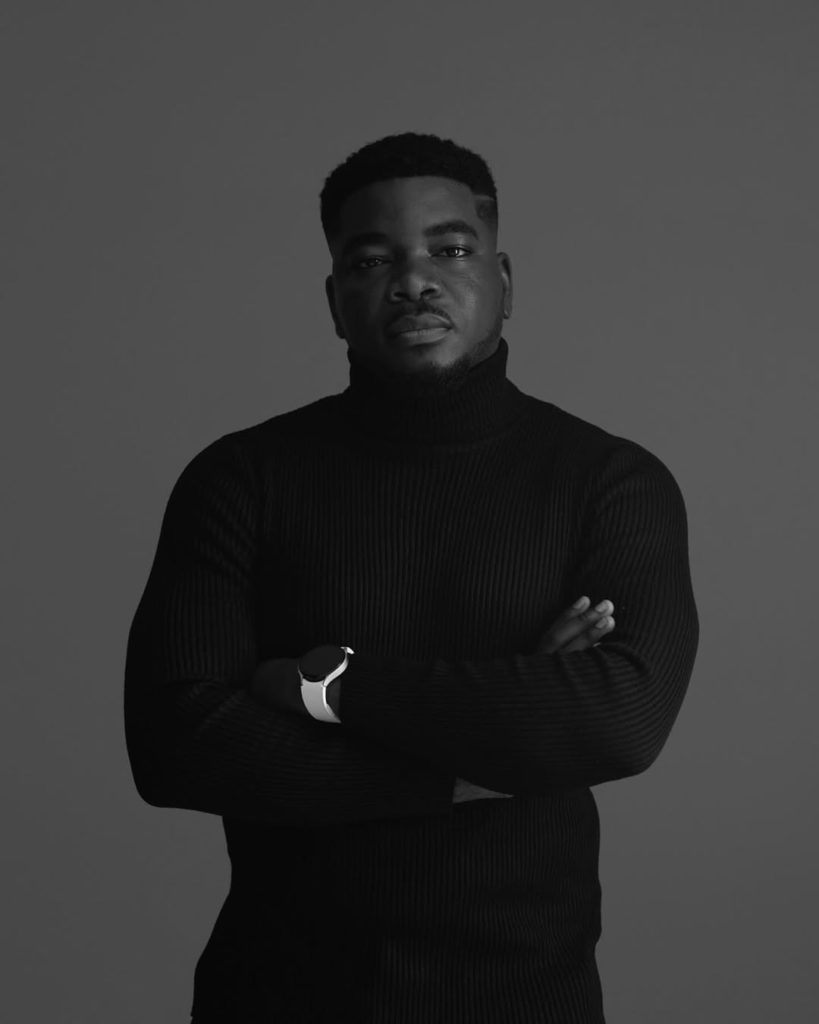
What’s your relationship with the “role model” label like?
I think I am very weary of that whole “role model” label. I used to be a very shy person, so I always liked to keep to myself. My work is my priority. That is something I want people to see. When you think of Fisayo Fosudo, I want you to think of the tech videos, finance videos, the podcast, and explainers. I just want the focus to be on the work that we’re doing, not necessarily about me. I don’t think I am that interesting. The focus should be on the work and its impact on the space.
I’m always trying my best to grow things, not just people but also an ecosystem. I do a lot of work in private. I probably get zero thanks for it, but I don’t care as long as people are better off. That’s just how I think.
How did you overcome your shyness?
I still have a bit of shyness. With shyness, you have to have some confidence. Confidence will come in the form of competence. If you know your stuff and you’re good at something, it’s just easy to be confident about it, and you cannot be shy about what you know. My years of experience has helped me as well. I can go to any room and talk to anyone. I interviewed the Secretary of State, one of the highest-ranking people in the American government. There is just a lot of ease that comes with being good at what you do, and that has just helped me overcome that shy aspect.
You were housemates with Tayo Aina. What was that like?
That was interesting. It wasn’t just me and Tayo Aina. There was a third person, Mohammed Agbadi. If you check his channel, he’s one of the biggest in this country for art. He makes art content and doesn’t focus on the Nigerian market; he focuses on the international market. We all love content, and I’m so grateful that our worlds collided because we were all like-minded people. We influenced each other, and then we were able to create such large audience bases, reach more people, and be synonymous with quality.
What advice would you give a new creator?
I always say prioritise value. Value is the exchange of something for another thing. Why do brands reach out to creators with large audiences? It’s because they want to get seen by those people’s audiences. That is value. They want you to show their products or services to your audience.
One thing about us is that we will never use a product that we don’t like. We’ll never talk about something that we don’t like. Whether you’re making entertaining content or not, you really want to know the value that you’re giving your audience first of all. And know that once brands are reaching out, they’re reaching out because of the value in terms of trust that these people place in you. Focus on that, and not necessarily money in the beginning. Money is nice to have, but the focus on that can distort the other thing. So you need to prioritise the value first, and then the money will follow.
Anyone who wants to start out in this space should first think about how the thing they’re doing is beneficial to the people who will watch them. Then, think about how to maintain a consistent feel. Consistency is not just about putting out stuff. It’s about the look and feel. And then building your community. If you want to make content that people will pay you for, you want to start making the kind of content that people will pay for.
Walk me through how you make your videos.
There are different kinds of videos. There are the ones where we sit and talk to the camera, and then there are the ones where we go out and talk to people. The process is similar to the in-studio stuff. We sometimes modify the space to fit the content, but we have a somewhat semi-permanent setup for the talking headshots. If we are doing a Reel, the main person for Reels is supervising, but someone else might be shooting. If it’s a short form vidoe, the main person does their thing and handles the short form. In the end, I do the post-editing that needs to be done and then publish. You want to make sure there are no errors.
The brands we work with don’t typically have any influence on what we say. Our opinions don’t change. We put out what we want to put out. I’m just very fortunate that I’m able to do this as a job because many years ago, I didn’t think it was something that people would imagine as a job.
Where do you see yourself in five years?
I don’t know. I guess I want to make a shit ton of money. But for real, I would like to have influenced the creative space in Nigeria in a major way. I want to build solutions that will help people make money and get seen. I’m bullish on the creative community because we are so good. That is where my mission is sort of leading me.
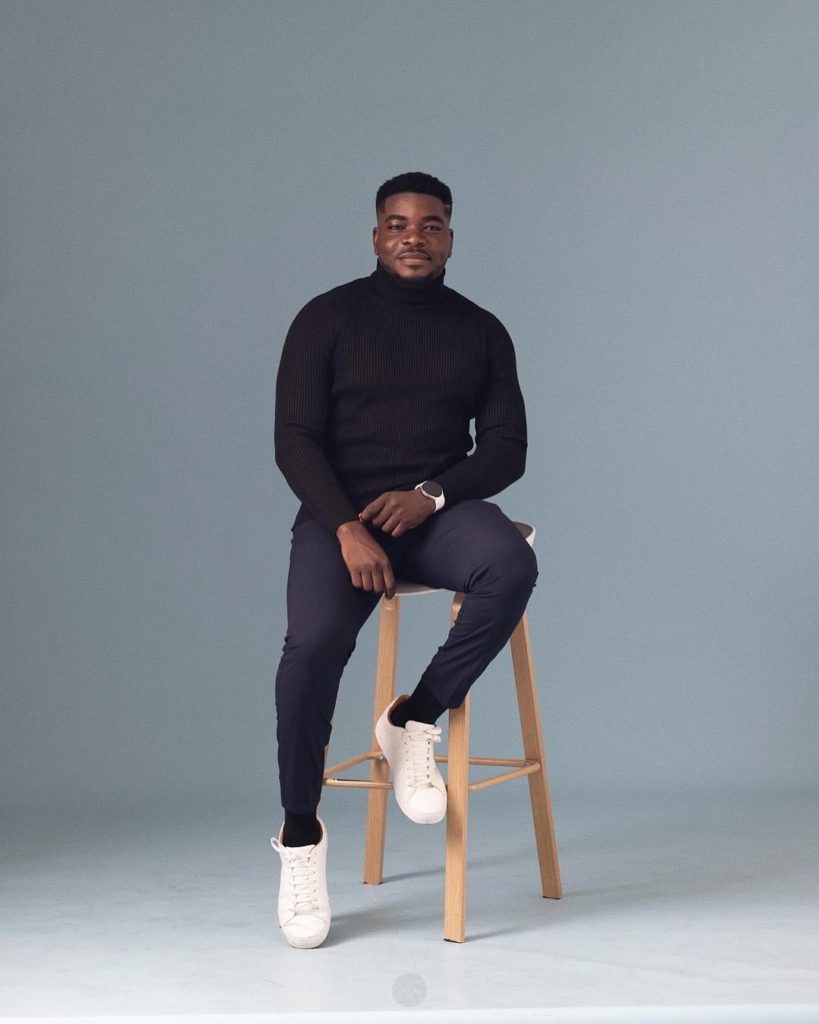
Will you ever not live in Nigeria?
No. I really like Nigeria, and I want Nigeria to succeed. If everyone of value leaves Nigeria, who will build Nigeria? Nobody will help us change our country but us. Unless we are saying, this country is a lost cause, which it is not. We have what it takes to really take our destiny into our own hands. The people who will change this country are going to be selfless people who don’t want to make gains for themselves. We need to do it. I think leaving the country is one of the easiest things you can do, but it’s not the easy in terms of finances.
What are you most hopeful for?
The creative sector of Nigeria.

 (@fisayofosudo)
(@fisayofosudo)